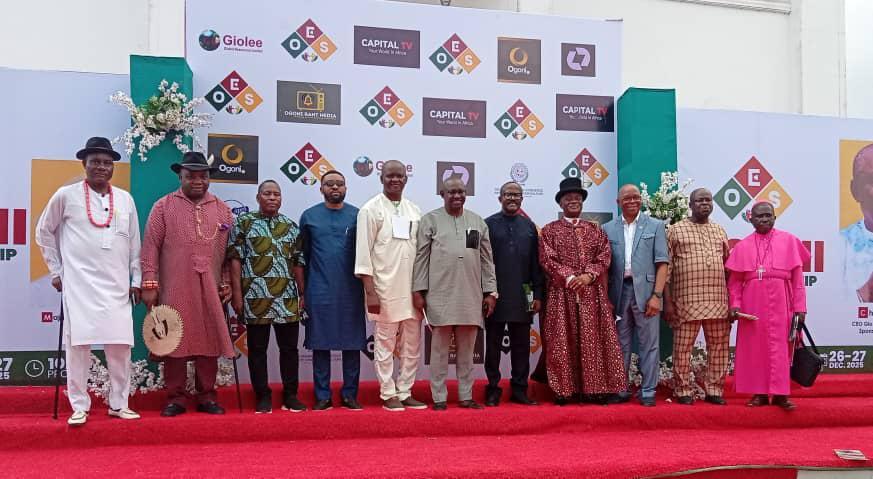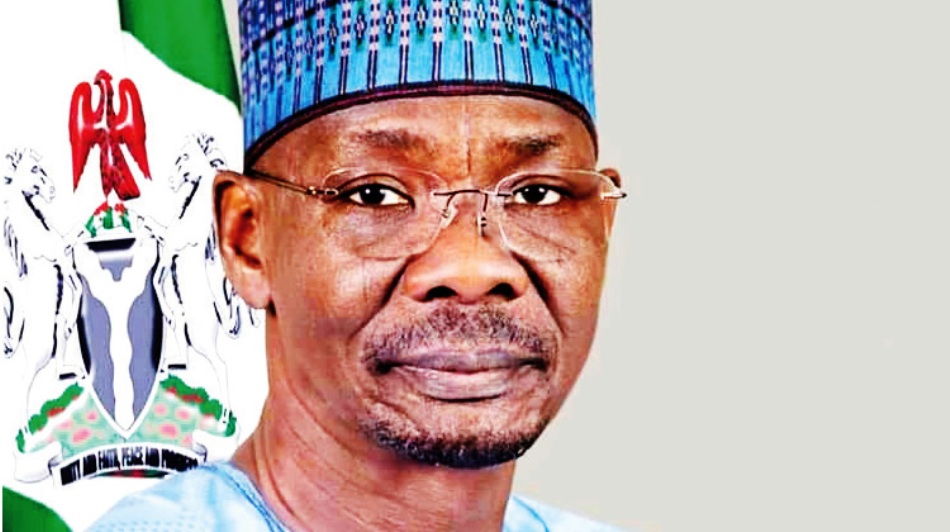
African governments have agreed that breaking trade barriers between countries on the continent can unleash economic growth by creating opportunities for increased production, investment, and job creation.
Rising from the 2024 African caucus meeting of Governors of the International Monetary Fund (IMF) and the World Bank Group (WBG) in Abuja, African ministers of finance and heads of central banks, noted that easy trade would provide access to larger markets, new technologies, and capital.
The Abuja declaration issued at the end of the meeting lauded the African Continental Free Trade Area (AfCFTA), which is designed to promote trade among African countries by reducing trade barriers, harmonising regulations, and facilitating the movement of goods and services within the continent.
It declared: “The meeting recognised the importance of intra-African trade in unlocking production, investments, and jobs in Africa. It also took cognisance that African countries continue to trade with the rest of the world more than among themselves. The meeting agreed that addressing both tariff and non-tariff barriers to intra-African trade, including fragmented payment ecosystems, poor energy access, lack of infrastructure, inconsistent regulatory frameworks, and divergent cross-border procedures, was critical to bolstering Africa’s share of global trade and stimulating sustainable and inclusive growth in the continent.”
The governors underlined key pathways to boost intra-Africa trade that included strengthening the pan-African payment ecosystem, enhancing energy access, affordability, and connectivity; leveraging partnerships with MDBs, and reforming global financial architecture.
The caucus also called on IMF and World Bank Group to ensure that their support to member countries continued to be guided by principles of balance and evenhandedness, and consistent with their policies.






